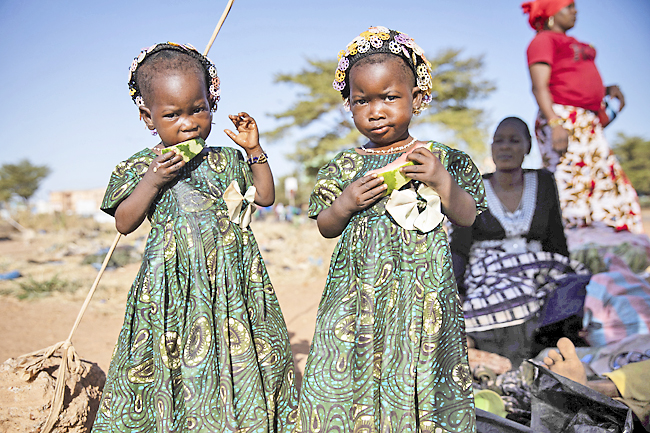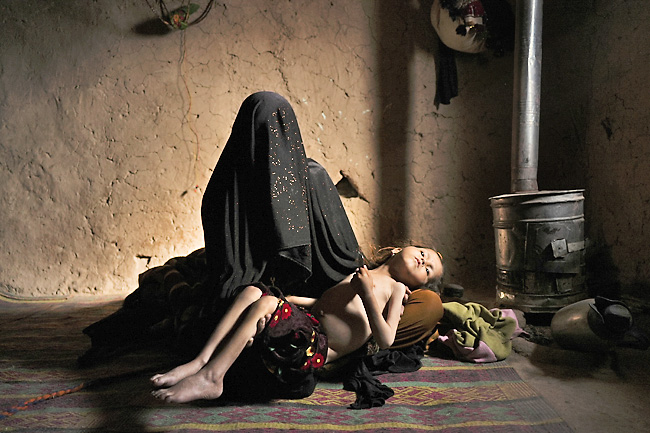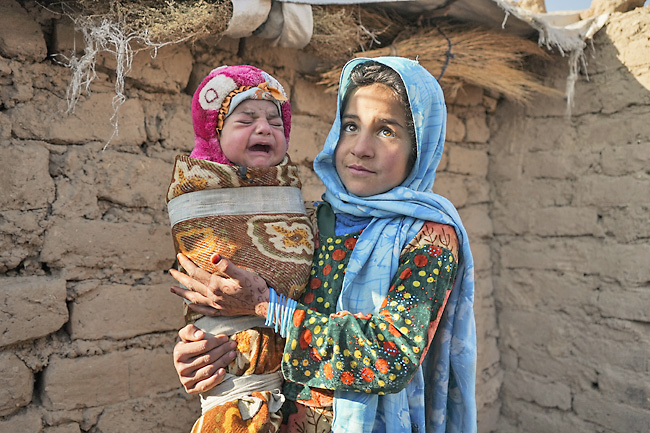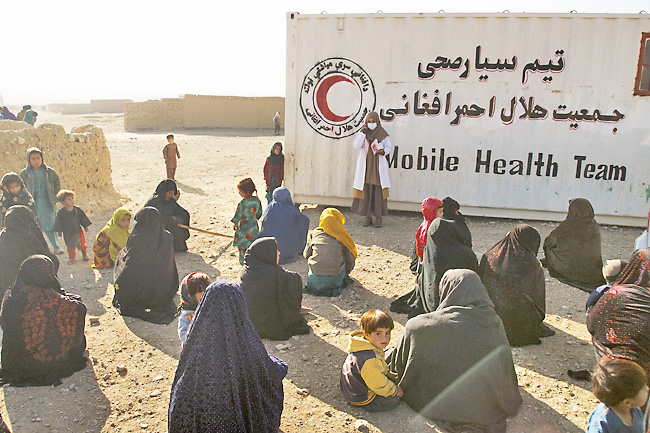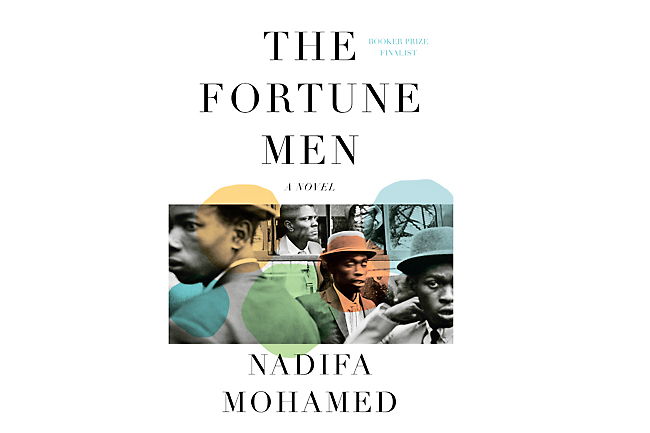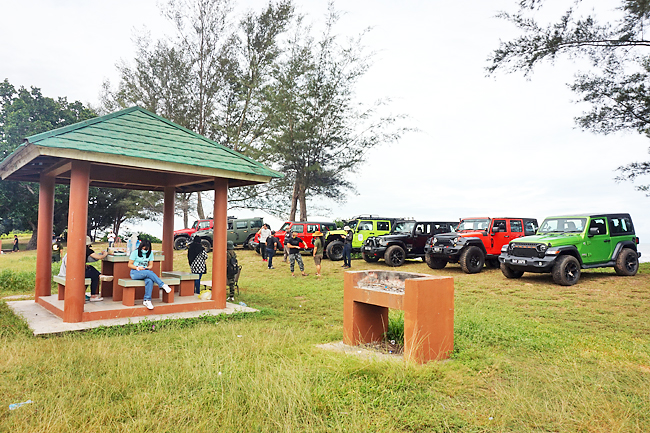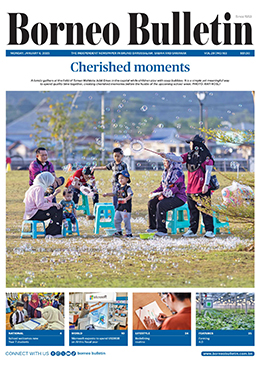Adrian Woolfson
THE WASHINGTON POST – Assuming the role of a peripatetic tour guide, Henry Gee in A (Very) Short History of Life on Earth takes the reader on an exuberant romp through evolution, like a modern-day Willy Wonka of genetic space. Gee’s grand tour enthusiastically details the narrative underlying life’s erratic and often whimsical exploration of biological form and function. En route we encounter some of the oddities and peculiarities that this process – guided by a blend of chance and evolutionary election – has thrown up.
We also learn how physical constraints have limited possibility. Bugs, for example, are small for a reason. Beyond a certain size, an insect, lacking an internal skeleton, would be crushed by its own unsupported weight. While mammals originally laid eggs, live-bearing limits the size they can achieve on land. Gee, a prolific natural-history author and a senior editor at the journal Nature, shows us how evolution’s strategy has largely been based on the repurposing of form through biological reconfiguration, rather than on reinvention.
The extinct lycopod forests of the late Carboniferous period that originated around 300 million years ago, which Gee describes as looking like the “desolate landscape of the First World War Western Front,” are illustrative of the alien terrains and vistas that were once commonplace on Earth. We also encounter playful variations on the theme of dimensions, with insects the size of crows, giant scorpions reminiscent of large dogs, and pterosaurs “as large as small airplanes” whose wings – allowing them to soar on thermals – were so expansive that they were incapable of flapping. The bizarre menagerie that originated in the Cambrian period, some 541 million years ago, provides a glimpse into the limitless world of potential variations on animal form.
In this whirlwind perusal of life’s eclectic embellishments, it rapidly becomes apparent that the mandates of survival, while conjuring up an impressive bestiary with a magic box of evolutionary tricks, have nevertheless sampled just a minute fraction of life’s audacious potential. Most disconcerting, perhaps, is the “chilling inhumanity” of the failed experiments in human existence, including the extinct species Homo erectus, which, although resembling us superficially, appeared to lack our elaborate mental capacity. In life’s narrative skip across the DNA sequence, it is clear that individual species are ephemeral and irrelevant participants in this enigmatic pageant. Earth is haunted by the ghosts of countless creatures that have been consigned to oblivion.
Core to Gee’s narrative is the way in which life’s history is a tale of continuous change and transformation, driven and underpinned by the Earth’s geological fluidity. Life was forged in the furnace of adversity, establishing itself by artfully requisitioning and repurposing the silver lining of misfortune. The infant Earth, Gee reminds us, was quite unlike our planet today. Its virgin atmosphere was “an unbreathable fog of methane” and its surface “an ocean of molten lava”, lacking water and land.
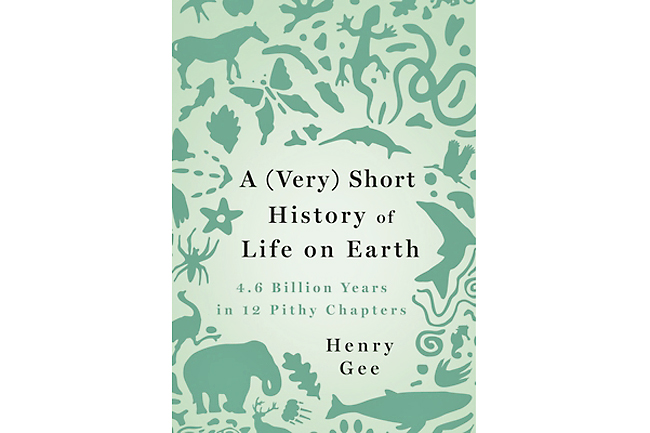
While we have become accustomed to the relatively benign climate prevailing across much of the planet, Gee reminds us that life on Earth has been repeatedly pockmarked by climatic instability and inhospitality. The geological machinations responsible for this include the rambunctious motion of the Earth’s tectonic plates, which “bump against, slide past or burrow beneath one another”, causing geological mischief and volcanic eruptions.
Along with various biological phenomena, including the “extravagant consumption” of carbon by trees, such events have contrived to undermine the greenhouse effect and propel the Earth into a series of protracted ice ages. Conversely, the destabilisation of deposits of methane gas, which has a greenhouse effect significantly more potent than that of carbon dioxide, has led to the periodic broiling of the planet.
Such events have pushed life “in the direction of increasing complexity”. They have also resulted in mass extinctions, including at the end of the Permian period, about 250 million years ago, when around 90 per cent of Earth’s species vanished. More recently, just 10,000 years ago, the extinction event at the close of the Pleistocene period led to the disappearance of virtually all animals.
Although artfully avoiding the critical question of how life originated in the first place, and only touching on the issue of whether species are the inevitable results of evolutionary processes or the contingent products of chance events, Gee has nevertheless succeeded in producing a seamless and highly compressed account of life’s grand narrative, spanning its full duration of about 4.6 billion years. It is a tale of resilience and tenacity, and his writing is evocative and filled with humour. He describes the shallow oceans of the early Cambrian period, for example, as being “filled with the spiky clatter of arthropod pincers”.
But there is nothing lighthearted about Gee’s conclusion. Irrespective of humankind’s malign contributions, climatic crises and geological shenanigans will inevitably result in the extinction of our species within just a few thousand years.
In spite of this well-justified pessimism, and while life on Earth will invariably continue to be tortured and challenged, our emerging ability to synthesise and redesign the genomes of living things may provide humankind with some consolation in the form of a tentative genetic tool kit for ensuring what Gee describes as its “mayfly” survival.

